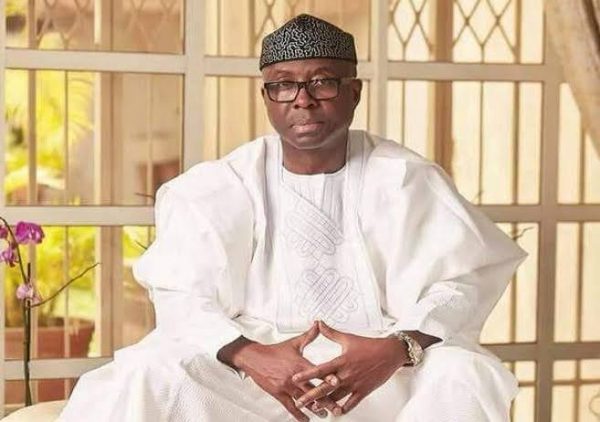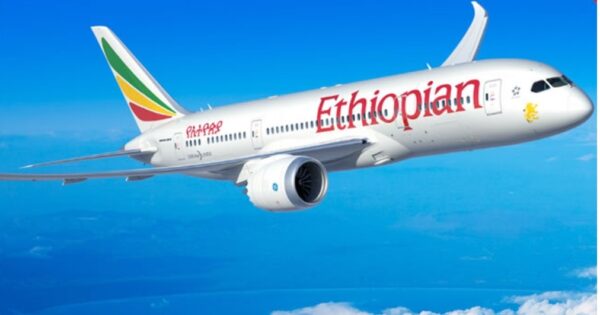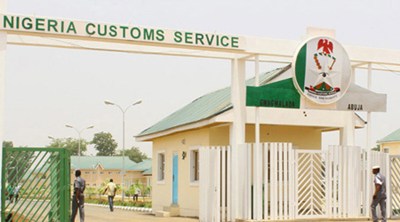Nigeria needs N3 trillion to fix transport infrastructure

•Shippers’ Council to sign $500 million Dry Port deal
For Nigeria to bridge the huge infrastructure deficit in the transport sector, it requires an estimated N3 trillion investment.
The Executive Secretary, Nigerian Shippers’ Council (NSC), Hassan Bello, who disclosed this at the second Transport Leadership lecture organised by Kings Communications Limited, in Lagos, decried the huge infrastructural deficit in the country especially in the transport sector.
He said Nigeria needs to invest at least N100 billion annually over the next 30 years to tackle infrastructure deficit, while noting infrastructural issues are insurmountable, but should be seen as opportunities, which investors can leverage to create wealth and jobs in the national economy.
He said: “We have a lot of challenges but they are not insurmountable, because when I look at the deficit in infrastructure as it is said, we need N3 trillion to make up for our deficit, meaning that we need to spend about N100 billion every year till the next 30 years. We should not be downcast by the challenges, but be rejuvenated by the opportunities presented by the infrastructure deficit.
“Nigeria is already a hub, but leadership is extremely important to having fair competition. We have already started winning the war because we are now getting cargoes from our competitors. Of course, we have the problem of interconnectivity, which is being solved now; at least, the chaos in Apapa has reduced drastically.
“We believe that by the time the infrastructure problems around Apapa are mitigated, we will see a resemblance of order but we are already having short, medium and long term solutions. Though, there are challenges but we are sure that they will be dealt with. And by August, the Council will sign the $500 million Ibadan Dry Port facility. We are seeing efficiency in our ports but we need to reform our trucking and cargo clearing system.”
Chairman, Seaport Terminal Operators Association of Nigeria (STOAN), Princess Vicky Haastrup, blamed bad leadership for the ills plaguing the sector, stating that despite the huge revenues generated by the industry yearly, it is not getting the needed attention from the government.
Decrying how the deplorable ports access roads and Apapa gridlock, are affecting operations at the ports, which she described as “a national disgrace,” Haastrup said it now takes longer time for vessels to discharge at the expense of the terminal operators.
A former Director-General, Nigerian Maritime Administration and Safety Agency (NIMASA), Mrs. Ufom Usoro, called on government agencies in the transport sector to collaborate and set targets for a better transport system.
Usoro also called for an integrated transportation policy, adding that this will lead to an efficient transport system.
Managing Director of Kings Communications, Kingsley Anaroke, said the advocacy for the appointment of professionals to head the ministries and agencies by stakeholders was gradually shifting from professionalism to performance and leadership assessment.
Anaroke said: “If the quest to maximise the huge potential in the sector through the right leadership or performance based leadership capable of positioning the sector to take its critical place in the Next Level agenda of the current regime and the emerging new technology-driven transportation world that gave birth to the MMS Transport Agencies’ Performance Rating with its reward system, Award for sterling performance to spur others to action, while the lecture arm of it, the Transport Leadership Lecture is to help crystallize the philosophy of good governance.”
The Guardian








